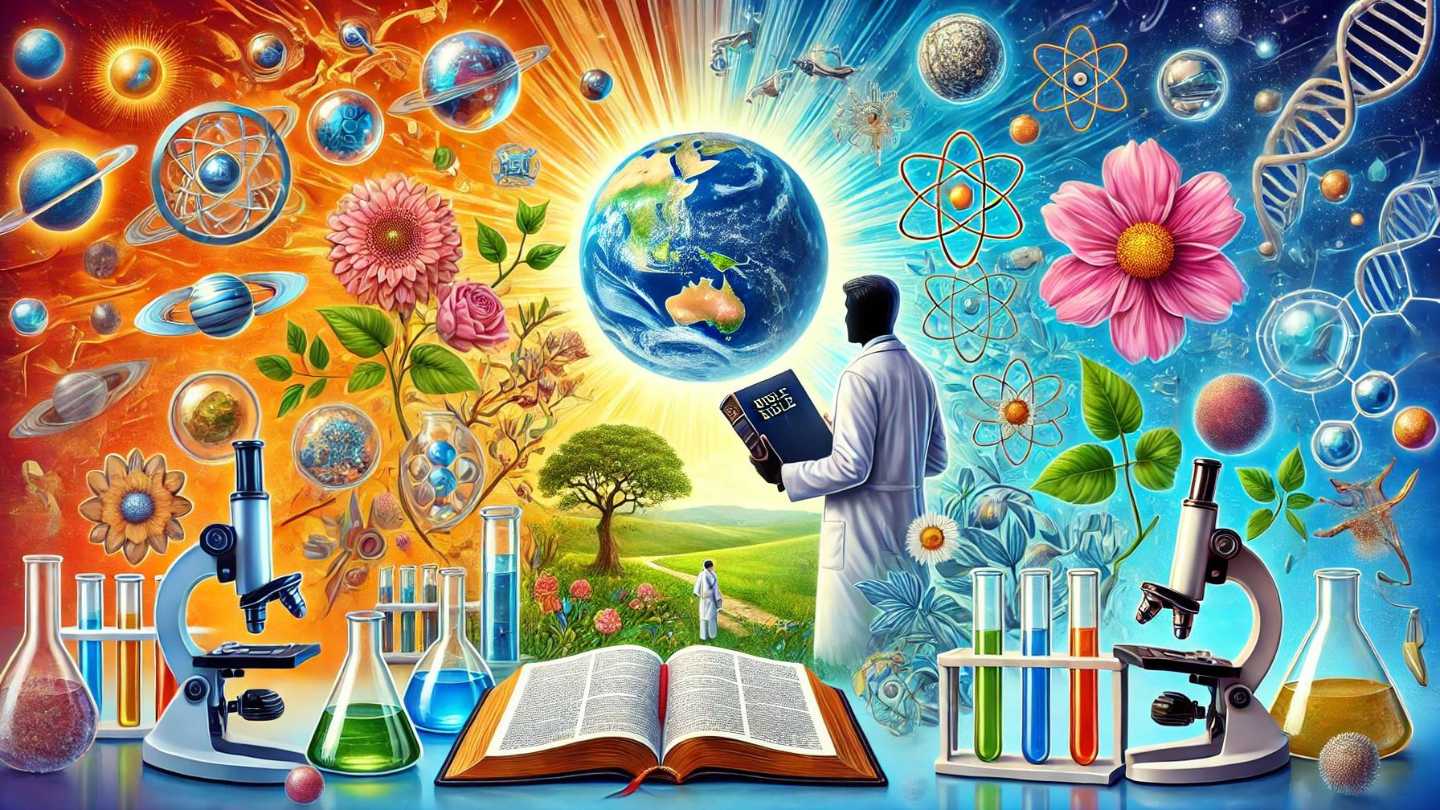The relationship between the Bible and science has been a subject of debate, curiosity, and fascination for centuries. While some perceive a dichotomy between faith and empirical evidence, others find a profound harmony. This article explores how the realms of spiritual belief and scientific inquiry can coexist and complement each other, fostering a more comprehensive understanding of the universe.
The Historical Context
Historically, the tension between religion and science often stems from misunderstandings and conflicts over interpretative authority. During the Renaissance and Enlightenment periods, significant scientific discoveries, such as those by Copernicus, Galileo, and Newton, challenged traditional scriptural interpretations. However, many theologians and scientists have worked towards a synthesis, emphasizing that truth, whether discovered through scripture or scientific exploration, ultimately points to the same reality.
Biblical Interpretations and Scientific Discoveries
Modern interpretations of the Bible suggest that scripture need not be in opposition to scientific facts. For instance, the Genesis creation narrative can be viewed through a metaphorical lens, emphasizing theological truths about God’s sovereignty and the intrinsic goodness of creation rather than providing a literal scientific account. This perspective allows believers to embrace scientific theories such as the Big Bang and evolution without feeling that their faith is compromised.
The Role of Christian Scientists
Christian scientists like Francis Collins, the director of the National Institutes of Health, and theoretical physicist John Polkinghorne, have been vocal about the compatibility of their faith with their scientific work. They argue that the pursuit of scientific knowledge can be seen as a way to understand and appreciate the intricacy of God’s creation. Their work exemplifies how faith can provide a moral and ethical framework within which scientific endeavors can be pursued responsibly.
Ethical Implications and Moral Guidance
The intersection of Bible and science also raises important ethical questions. Advances in biotechnology, artificial intelligence, and environmental science prompt discussions on the moral implications of these developments. Biblical principles such as stewardship, the sanctity of life, and the call to love one’s neighbor provide valuable guidance in navigating these complex issues. Integrating biblical ethics with scientific progress ensures that technological advancements benefit humanity and align with moral values.
The Quest for Ultimate Truth
Both the Bible and science are concerned with the quest for ultimate truth. Science seeks to uncover the laws governing the natural world, while the Bible addresses the spiritual and moral dimensions of human existence. When approached with an open mind, these two sources of knowledge can enrich each other. Scientific discoveries can inspire awe and reverence for the Creator, while biblical insights can imbue scientific work with deeper meaning and purpose.
Summary
The perceived conflict between the Bible and science often arises from a limited understanding of either realm. By recognizing that both aim to uncover different aspects of truth, we can appreciate their unique contributions to human knowledge. Harmonizing faith and facts not only broadens our comprehension of the universe but also deepens our spiritual lives, fostering a holistic view that celebrates the unity of God’s creation.
Author

Alona Smith is a devoted follower of Jesus Christ who believes that life’s true purpose is found in knowing Him and making Him known. She is passionate about sharing God’s Word with clarity and compassion, helping others see the beauty of the gospel of grace revealed through the Apostle Paul.
Grounded in Scripture and led by the Spirit, Alona seeks to live out her faith in practical ways—showing kindness, extending forgiveness, and walking in love. Whether serving in her local church, encouraging a friend in need, or simply living as a light in her community, she strives to reflect Christ in both word and deed.

